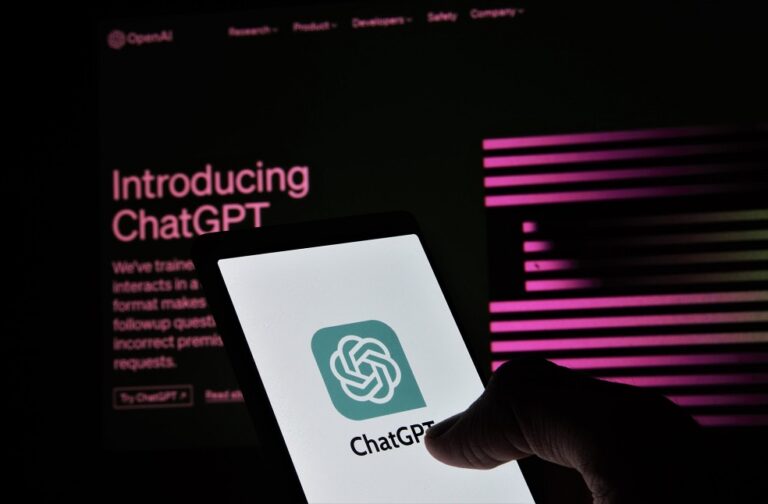London, UK: Researchers have found that the AI chatbot ChatGPT might excel at adhering to treatment guidelines for depression compared to human doctors.
The study mentioned that the technology has the potential to enhance decision-making in primary care.
The researchers emphasized the necessity for further assessment to identify potential risks or ethical concerns that may arise from the practical use of this technology.
In Israel, a team provided brief descriptions of hypothetical patients showing signs of depression to two versions of ChatGPT: 3.5 and 4. They had eight different characters, differing in gender, socioeconomic status, and the severity of depression.

The symptoms observed were sadness, difficulty sleeping, and loss of appetite in the three weeks before the appointment. Additionally, they had a diagnosis of mild to moderate depression.
Each hypothetical patient’s details were input into ChatGPT ten times, and the responses were compared with those of 1,249 French primary care doctors. Among the doctors, 73 percent were women.
In cases of mild depression, ChatGPT-3.5 suggested psychotherapy 95 percent of the time, while ChatGPT-4 recommended it 97.5 percent of the time. On the other hand, primary care doctors suggested psychotherapy in just 4.3 percent of cases. They chose medication 48 percent of the time and a combination of psychotherapy and prescribed drugs 32.5 percent of the time.

In severe depression cases, 44.5 percent of doctors advised a combination of psychotherapy and prescribed drugs. In contrast, the two versions of ChatGPT suggested this approach in 72 percent and 100 percent of cases, respectively.
Regarding medication preference, ChatGPT recommended using only antidepressants in 74 percent and 68 percent of cases, while doctors tended to recommend a combination of antidepressants and anxiolytics/hypnotics in 67.4 percent of cases.



